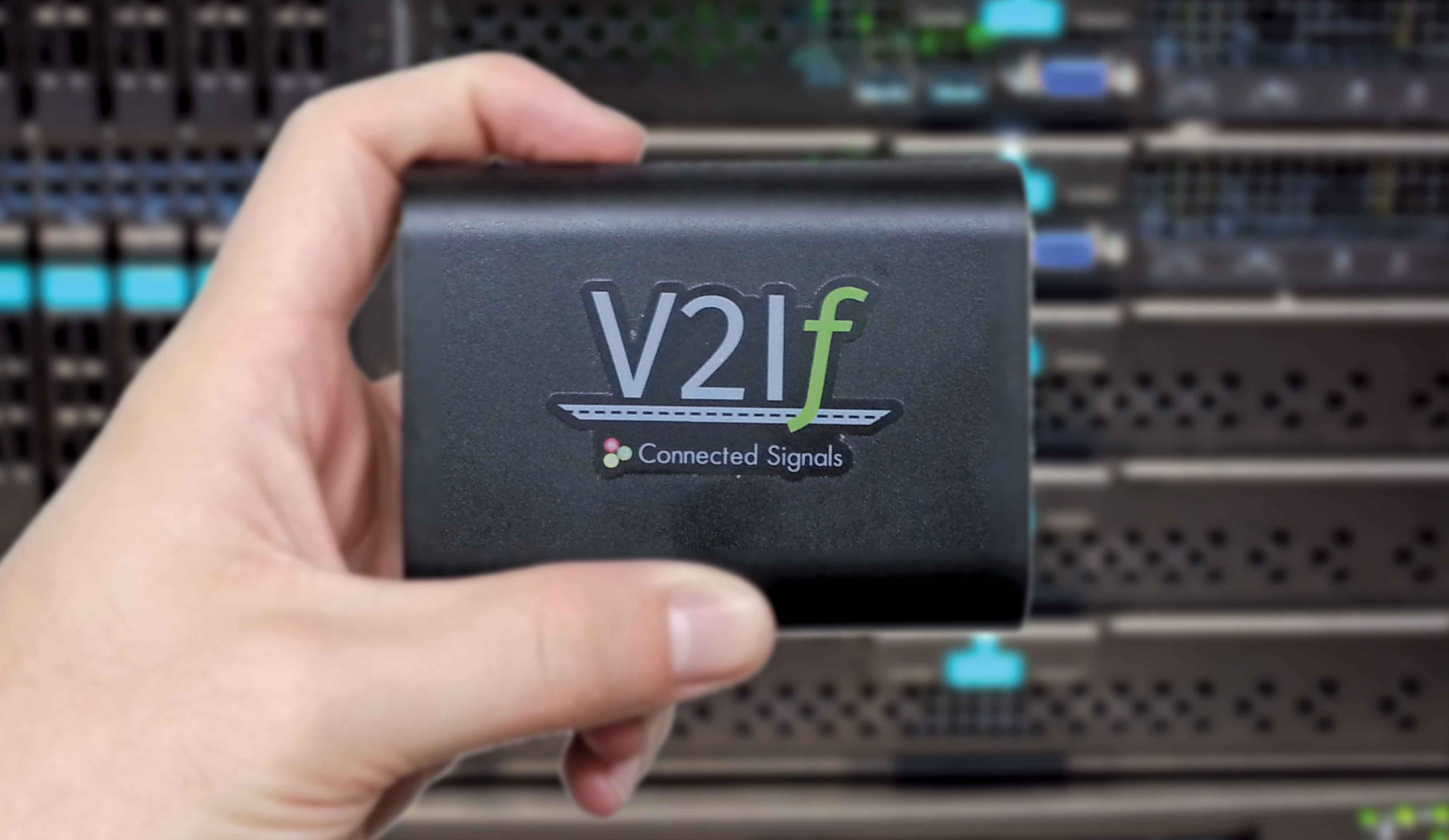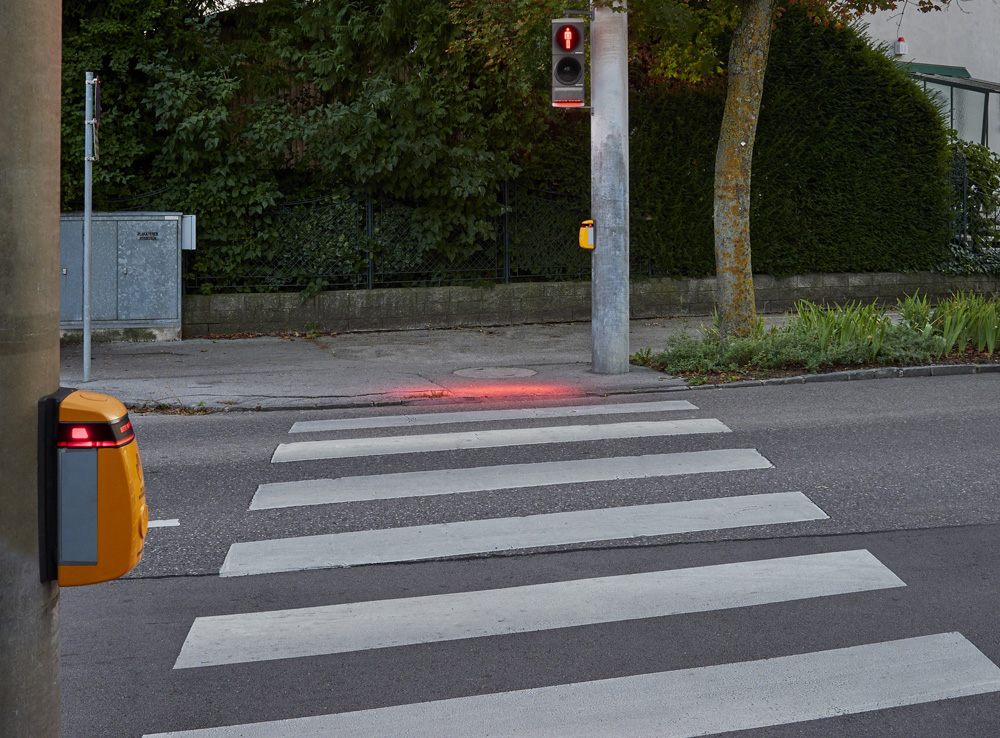
Key to this generosity is that the company’s solution runs on a single Raspberry Pibased device which monitors the existing communications between the roadside signal controllers and the traffic management centre (TMC).
Those communications are then processed to determine signal timings and that information is then available over the internet. “We don’t intervene in the communications system so there are no warranty or compatibility issues with the existing equipment and our algorithms then determine the timing and sequencing of the lights and can predict when the changes will happen,” said company president David Etherington. “We then make that information available via the internet so it can be used in ‘Speed to Green’ type applications,” he added.
“It would cost around $20,000 to instrument a single intersection in a traditional fashion with DSRC in each signal head and at the roadside. We can do a whole city for less than that – in fact the equipment, support and maintenance is free to city authorities,” said Etherington.
While the system works best with fixed light timings, Etherington said the system learns how adaptive signals react in various traffic conditions and as we don’t have any input to the signalling system, there are no security issues to worry about.”











